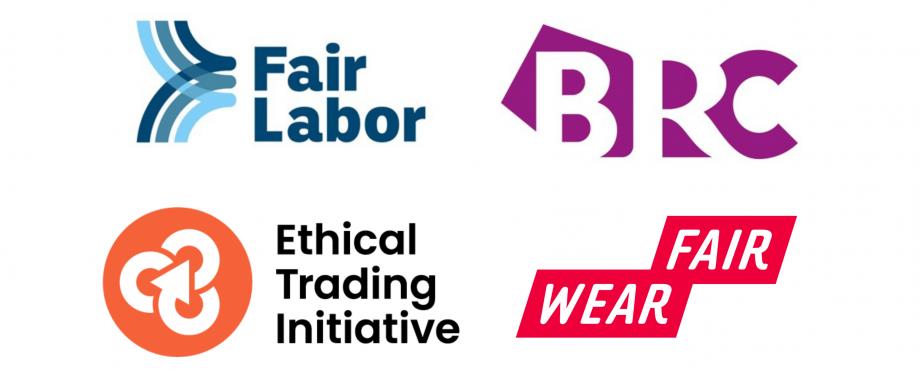
Sri Lanka is currently facing its worst economic crisis in more than 70 years. Further intensified by the war in Ukraine, the current crisis is a culmination of several issues that have plagued the Sri Lankan economy since 2019.
Today, the people of Sri Lanka are experiencing daily power outages, and are unable to buy essentials such as food, fuel, or medical supplies, when these are available. Severe shortages have stoked inflation as high as 70%, with political instability and wide social unrest also impacting the economy. While a new president has now taken office, economic volatility and public protests remain ongoing.
According to the Joint Apparel Association Forum Sri Lanka, over 50% of Sri Lanka’s total exports are produced by the apparel industry, which directly employs approximately 350,000 people. A further million, rely on the industry for indirect employment.
As the situation worsens, public concerns around employment and economic security increase, with many fearing job losses as the need for greater income grows with soaring prices and an overall hike in cost of living.
A collective response
The Ethical Trading Initiative (ETI) has been engaging with economists, industry associations, worker representatives and member companies operating in Sri Lanka, to better understand implications on workers and the industry at large. These meetings have helped to present a clearer picture of the current crisis and steps stakeholders are taking to alleviate risks to workers and suppliers. Some of these include the distribution of dry rations, medicines, groceries, and cooked food.
To facilitate a collective response, ETI convened a meeting for all companies sourcing from Sri Lanka to engage with the Joint Apparel Association Forum (JAAF). ETI, Fair Wear Foundation, Fair Labor Association and British Retail Consortium reached out to their own members and partners with supply chains in the country.
Together, all four organisations have signed a joint call to action, encouraging companies sourcing from Sri Lanka to take specific steps to support workers, suppliers and the sector at large, during this difficult period.
Call to action on Sri Lanka’s economic crisis

